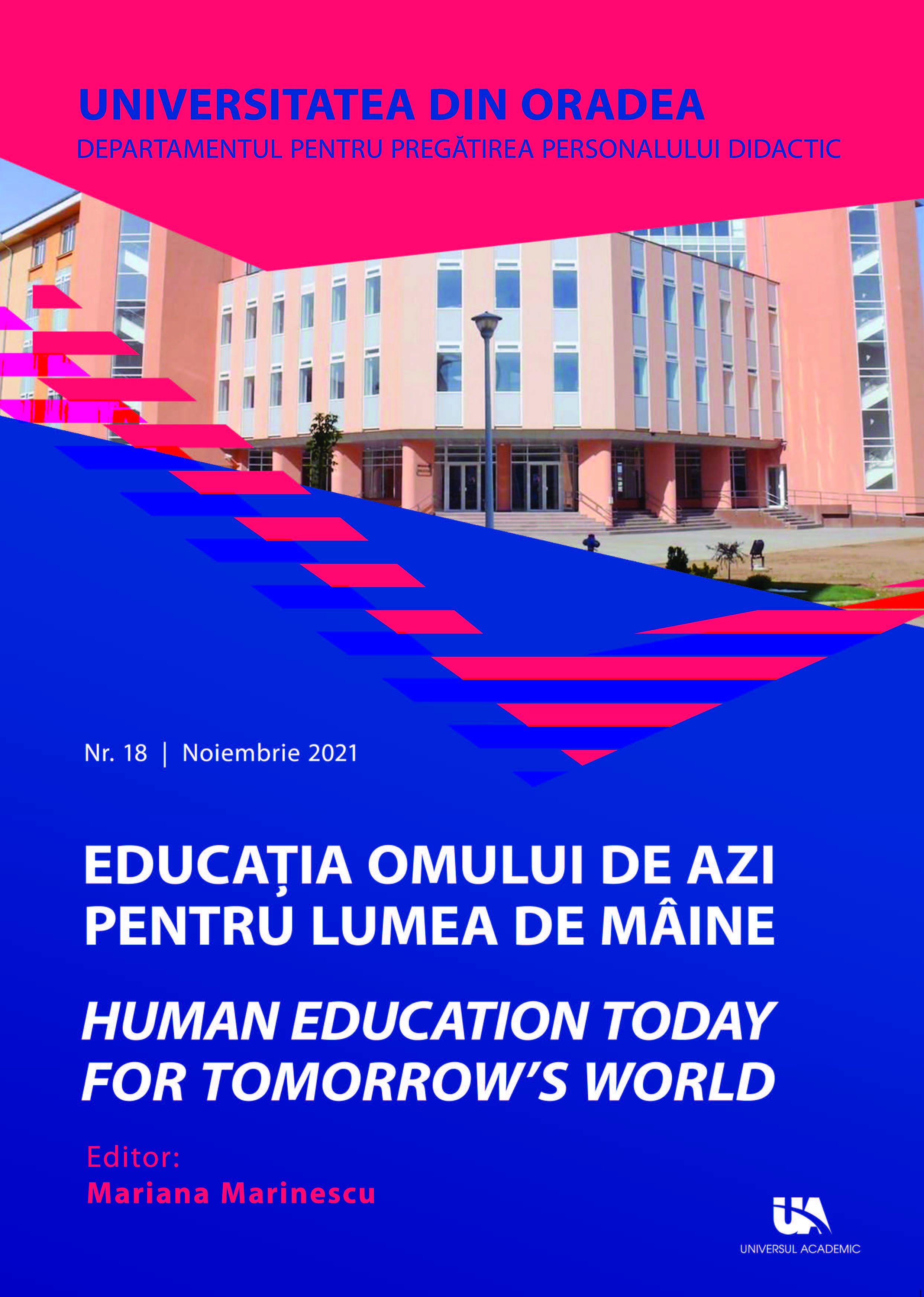Being present in learning: practical approach in cultivating children's attention awareness
Being present in learning: practical approach in cultivating children's attention awareness
Author(s): Maria Cristina Popa, Dan Florin StănescuSubject(s): Social Sciences, Education, Preschool education, School education, Educational Psychology, Pedagogy
Published by: Editura Universul Academic (SC GOOD LUCK SRL)
Keywords: non-cognitive skill; attention; well-being; endorsing awareness; school results;
Summary/Abstract: Abstract: Children's attention has become a valuable resource in education. Lack of attention is felt in terms of school outcomes, but also in the low level of well-being with which it is linked through the stress emerged, and which, in a vicious circle, develops children's negative perceptions of school. In this empirical research, both qualitative and quantitative, we studied the awareness of 64 3rd graders of their own attention and well-being. Half of the students (n=32) were involved in a quasi-experimental program during a full school semester. The program was called Master of attention (MA) and aimed to endorse the students’ awareness in order to eco their attention and well-being that were to improve not only their test results, but also their inner state. The remainder of the students (n=32) were used as controls. The report presents in detail the exercises proposed to children, the technique required to implement them and the vision that surrounds the program towards achieving a high level of benefits. Results show that students who participated in the MA program scored better in the given test and reported a positive inner state than did controls. Differences between groups were found on both concentrated attention and cognitive tests. Findings demonstrate that metacognition can be exercised through direct practice in classrooms and that increased awareness over owns capacity to control attention can be concretized in a valuable non-cognitive skill that can upturn test outcomes and engender a perceptible well-being state.
Journal: EDUCAȚIA OMULUI DE AZI PENTRU LUMEA DE MAINE
- Issue Year: 18/2021
- Issue No: 4
- Page Range: 13-22
- Page Count: 10
- Language: English

